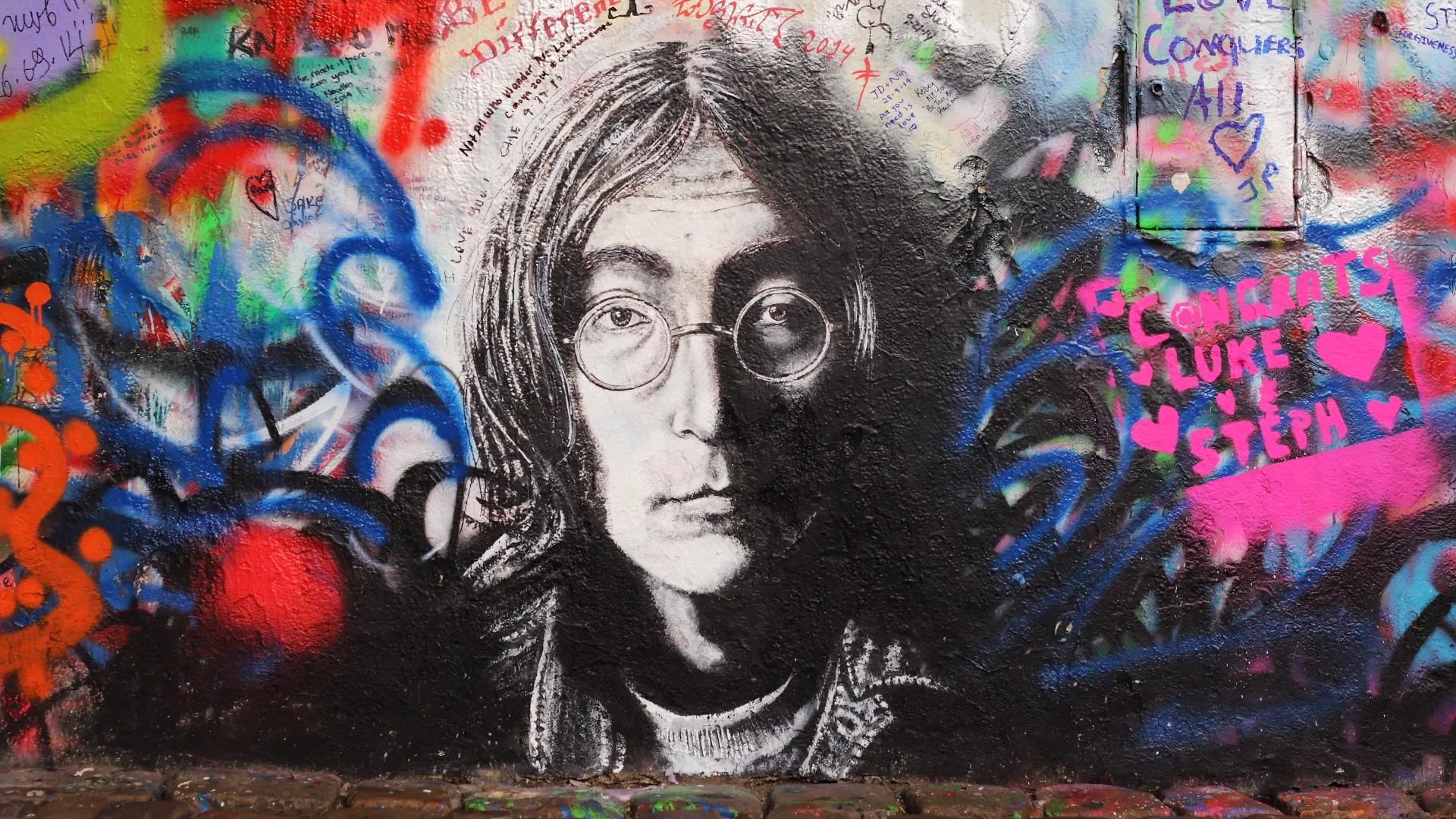AI-infused art just notched a major victory in its quest for legitimacy: a Grammy.
On Sunday night, “Now and Then”—a previously unreleased Beatles’ song finished decades after its inception with the aid of artificial intelligence—won the Grammy for Best Rock Performance.
The occasion marks the first time a song knowingly created with AI has ever earned an award from America’s powerful Recording Academy.
Congrats Best Rock Performance winners - "Now And Then" @thebeatles. #GRAMMYs
WATCH NOW ⤵️ https://t.co/OuKk34l332
— Recording Academy / GRAMMYs (@RecordingAcad) February 2, 2025
Beatles singer John Lennon first recorded a demo of “Now and Then” in 1978. After Lennon’s assassination in 1980, his surviving bandmates attempted to push the song forward, but struggled to isolate and tweak Lennon’s vocals on the late musician’s initial recordings.
Decades later, AI provided the solution—allowing The Beatles to clean up Lennon’s tracks and deliver a high-quality final product. In November 2023, the single, marketed as The Beatles’ final song, finally got its long-overdue release.
To be clear, the technology relied on to finish “Now and Then” is not the type of generative AI that has allowed users, in recent years, to create totally synthetic recordings that mimic an artist’s voice and style. The Beatles have insisted that AI only helped sharpen the sound quality on Lennon’s pre-existing solo recordings.
Nonetheless, the embrace of “Now and Then” by the Recording Academy marks a substantial milestone in an entertainment industry where any association with the term “AI” can immediately spell controversy.
Two films nominated for Best Picture Oscars this year, The Brutalist and Emilia Perez, have faced backlash for using AI to augment actors’ foreign language skills and vocal ranges, respectively.
“Now and Then” may have proved to be the perfect vehicle for AI innovation, given its connection to one of the most established and beloved bands of all time, and the irresistible narrative tied to its creation—allowing The Beatles to “reassemble” one last time despite the passing of two members.
It remains to be seen whether the generosity afforded “Now and Then” will extend to more experimental offerings. Around the same time as the song’s release, an anonymous music producer released a smash-hit, completely AI-generated song that imagined a lively collaboration between Drake and The Weeknd.
At first, the Recording Academy’s CEO explicitly backed the song, “Heart On My Sleeve,” clarifying it was "absolutely eligible” for Grammy consideration. After furious backlash from record labels claiming copyright infringement, however, the Academy reversed its opinion, locking the song and its creator out of Grammy eligibility.
Edited by Andrew Hayward

